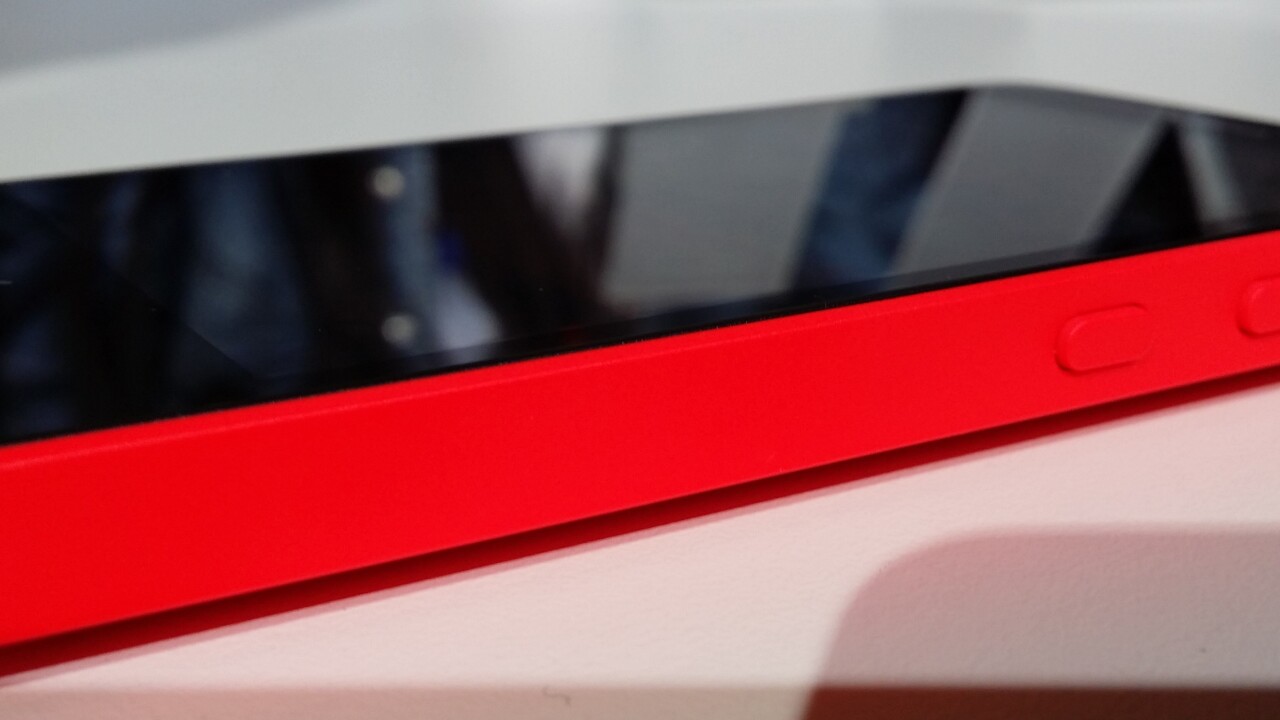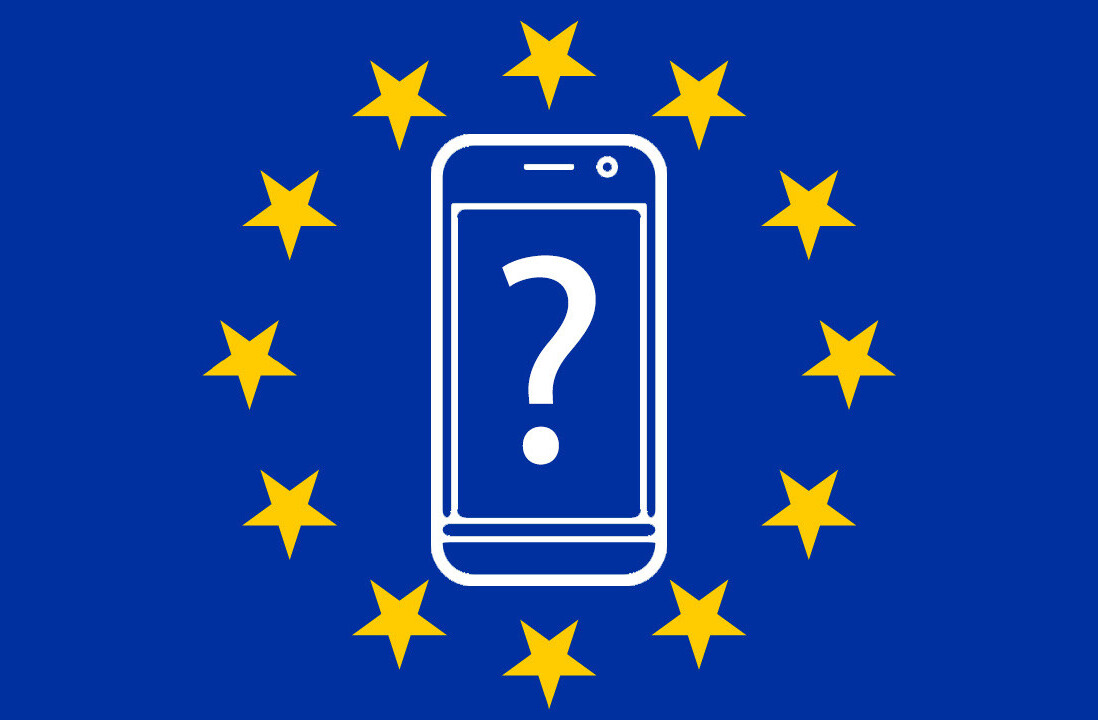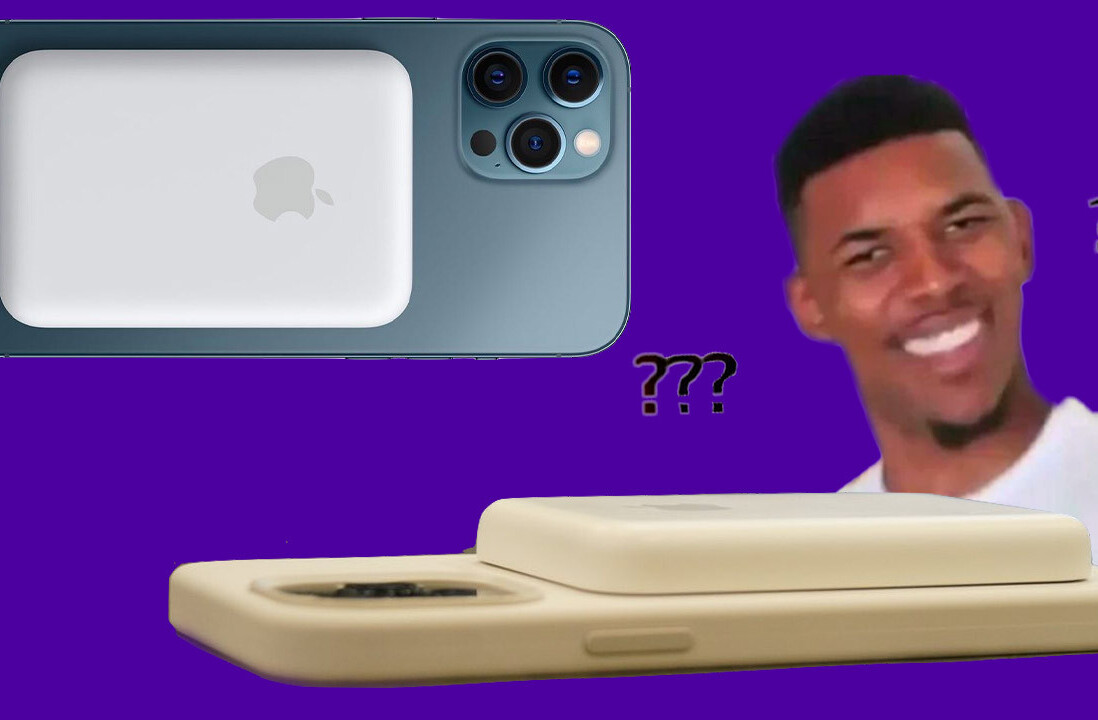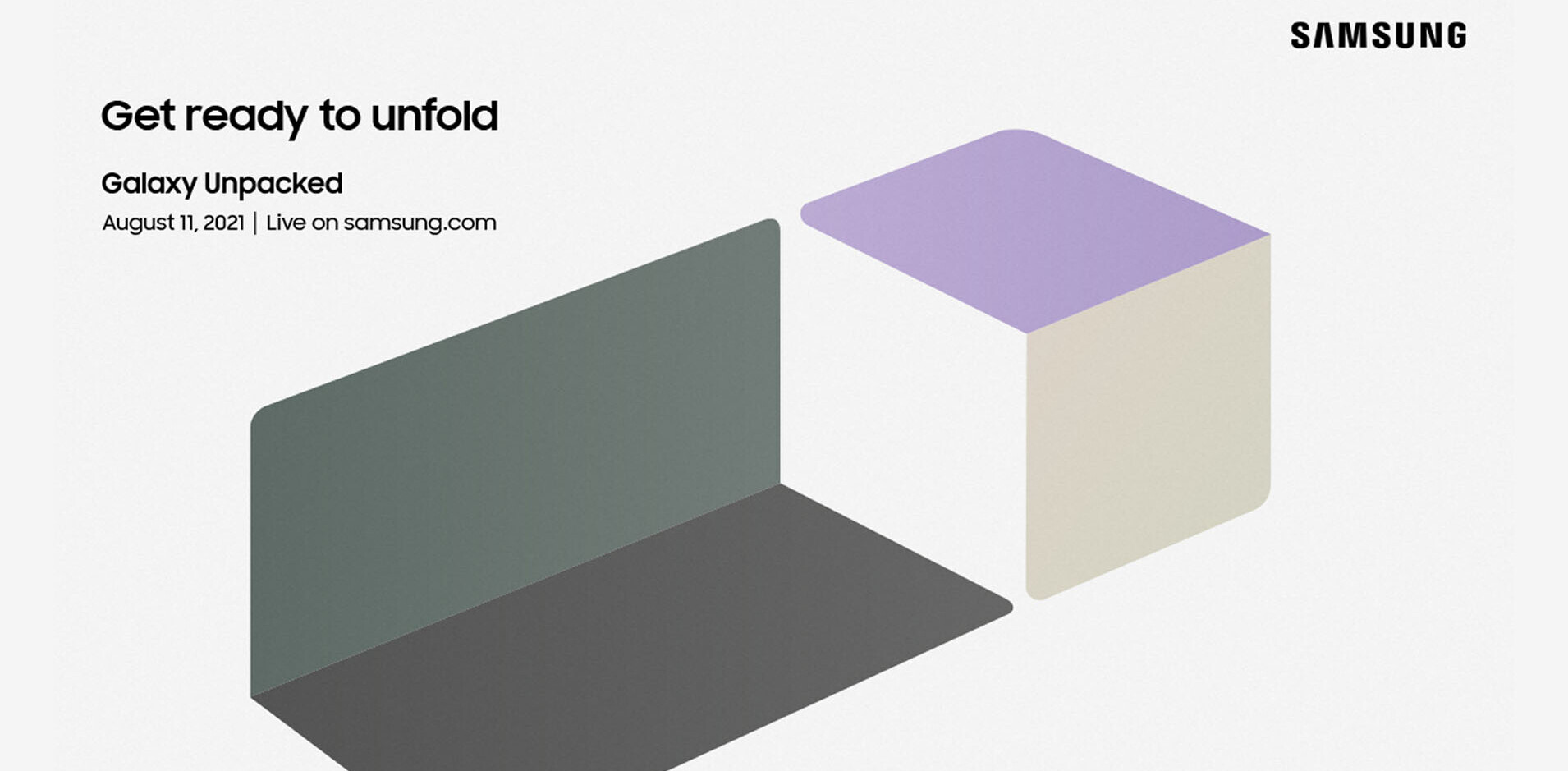
Yesterday, Nokia posted a message about its rumored return to the mobile device market. Tl;dr? It sold all its equipment and processes required for making smartphones or tablets, but would be open to partnerships.
Those partnerships would require the other company to have manufacturing, sales, customer support and marketing in place for Nokia to be able to returning to selling mobile devices.
It has form in launching hardware this way and it makes some sense – it’s a relatively low-cost, low-risk way to dabble in devices. Last year it launched the N1 Android tablet in China in partnership with Foxconn, adding its design chops to the Chinese company’s manufacturing nous.
It’s a combination that’s hard to deny: a well-designed, averagely well-specced tablet that cost less than $250. How well it did is anyone’s guess, as neither company has released sales figures.
But should Nokia return to the device market?
No, not in my opinion – or if it wants to, it should do so right now. But it would be unambitious.
The company – held dearly by many people due to its formerly iconic industrial designs – still has a large fan base, even though sales of Windows Phone handsets (before Microsoft fully bought the Devices unit) never really reflected this.
Soon though, the company’s design talents will be forgotten, and the longer it’s out of play, the harder it will be to convince buyers that there’s a good reason to switch back to a Nokia-branded device.
A whole bunch of consumers may well ‘love’ Nokia, but those same people also chose non-Nokia phones, which led the company here in the first place. There’s no loyalty once weakness has been shown. In 2017, the iPhone 8 will still be selling in millions, adding to Apple’s strength by continually growing a wider ecosystem, and Nokia will still be attempting to do the thing it should have done back in 2010: building a high-end Nokia Android.
And yes, I know it built the Nokia X, but that doesn’t really count. That was low-end and never really felt fully supported, or even on sale in developed markets.
At this point, now completely separate to Microsoft, wouldn’t it be better to concentrate on its core businesses? To return to a level of profitability that allowed it to experiment in the first place? To invest in R&D for new technologies, rather than trying to return to a market it once dominated?
This isn’t 2010, Nokia. Portable devices aren’t really the most exciting game in town, nor the most profitable unless you’re a market leader.
Nokia is a company used to reinventing itself. It was originally a wood pulp mill. Then it made tires. Eventually, it became a consumer electronics maker. Today it has Nokia Networks, HERE, and Nokia Technologies, and HERE is looking likely to be sold soon.
A shielded return to the mobile device market must be tempting if a partner was willing, but it’s time for Nokia to draw on its history of consistent evolution and be more ambitious.
Get the TNW newsletter
Get the most important tech news in your inbox each week.





